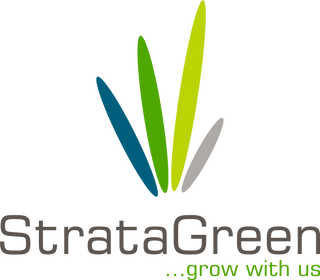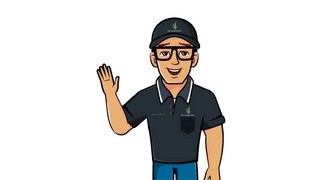
If you stop to think about it, thanks to environmental consultants, our landscapes are green and robust. And that’s probably thanks not only to the environmental specialist’s skills but also a generally held understanding - that it’s our responsibility to support Mother Nature. Whether that’s through restoring the living balance after a project’s been completed, or helping dunes, river banks, or bushlands to repair themselves following a storm or other stress, it’s a job worth doing.
Ross Wylie is the Lead Restoration Supervisor with Syrinx, and as well as knowing the value of his job, he knows people generally appreciate the work he does. “The people you meet while you’re working on the job are excited about what you’re doing. They’re genuinely interested; you can explain what you’re doing and they’ll get their heads around it; everyone gets on board.”Less
Syrinx began in May 2000, designing and implementing projects, including wetlands, revegetation, rejuvenating natural bushlands and restoring river-banks and foreshores. The Syrinx team have done it all: from a highly-visible multi-use super-popular area like Perth’s riverside Garvey Park in Belmont, to a sewerage treatment wetland tucked away almost out of sight on King Island to the North-West of the Tasmanian Mainland. Ross joined about five years ago, stepping straight into the career he’d finally worked out was ideal for him.
Ross was born and bred in the southern suburbs of Perth, studied film and television then did a flip move to Curtin University where he gained a double degree in Environmental Biology and Coastal Zone Management. Why? “I wanted a degree which would allow me to travel, to work outdoors in a hands-on role, but also involve brain power and planning. I also wanted to work in a field where I’d be continually learning.”
Starting with the basics, Ross has done it all. “I wouldn’t ask anyone to do anything I wouldn’t do.” This isn’t a fluffy statement, and the team he leads across to King Island twice a year for routine maintenance of Currie’s (population 1200) sewerage treatment wetland, knows it. “We’re there to check the flow rates, the water quality, the infrastructure, and to manage the weeds.” So when Watercress (Nasturtium officinale) took hold in one of the settling ponds, Ross and the team donned waders and respirators, climbed in and dragged the weed out. Ross’s career decision is clearly spot on: he’s been able to tick travel, planning, and outdoor hands-on work off his dream list – though he probably didn’t expect them to present in such a stinky scenario. Kind Island presents a beautiful isolated environment to work within where the scenery is spectacular, and thanks to Syrinx the town of Currie’s sewerage treatment is being processed without negative impacts on the environment.
For Ross Wylie, part of the appeal of working on projects like the sewerage treatment area on Kind Island is the natural enthusiasm and support from the community for environmentally sustainable works.
Not that the people at Syrinx are just masters of wastewater treatment: they do so much more. From the development of bioengineering technology to help dunes re-establish – “…it’s a system of building brush-log walls that redistribute wave energy in order to protect foreshore and riverbanks; lasting 15 to 20 years and allowing plants to establish and secure the shoreline...” – to developing biodiversity strategies for iron ore tenements in the Pilbara. And in urban areas, they’ll help build a master plan for residential developments like that at Emu Point in Albany, WA: looking at the social, the economic and the environmental factors within a project.
How is it that they can be across all this? “We’ve good people with the qualifications and significant experience. We’ve built a specialist workforce.”
Just one of the ways Syrinx manages wave energy, here along the river bank at Perth’s Garvey Park.

